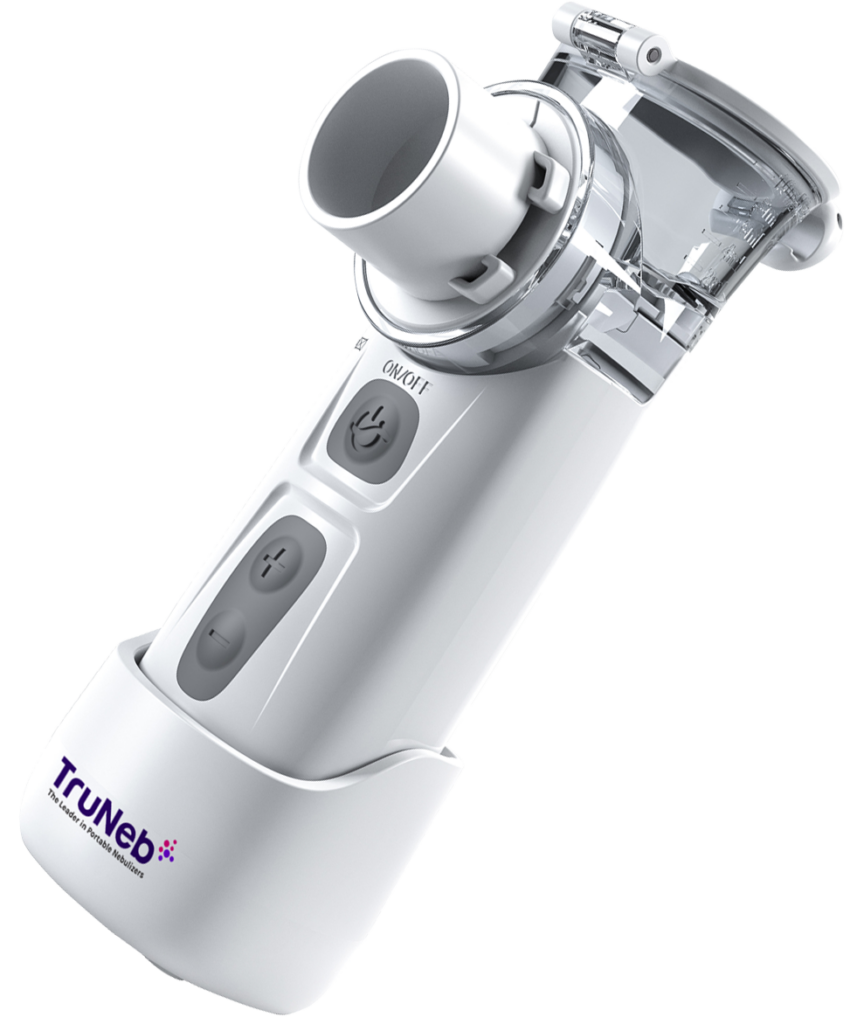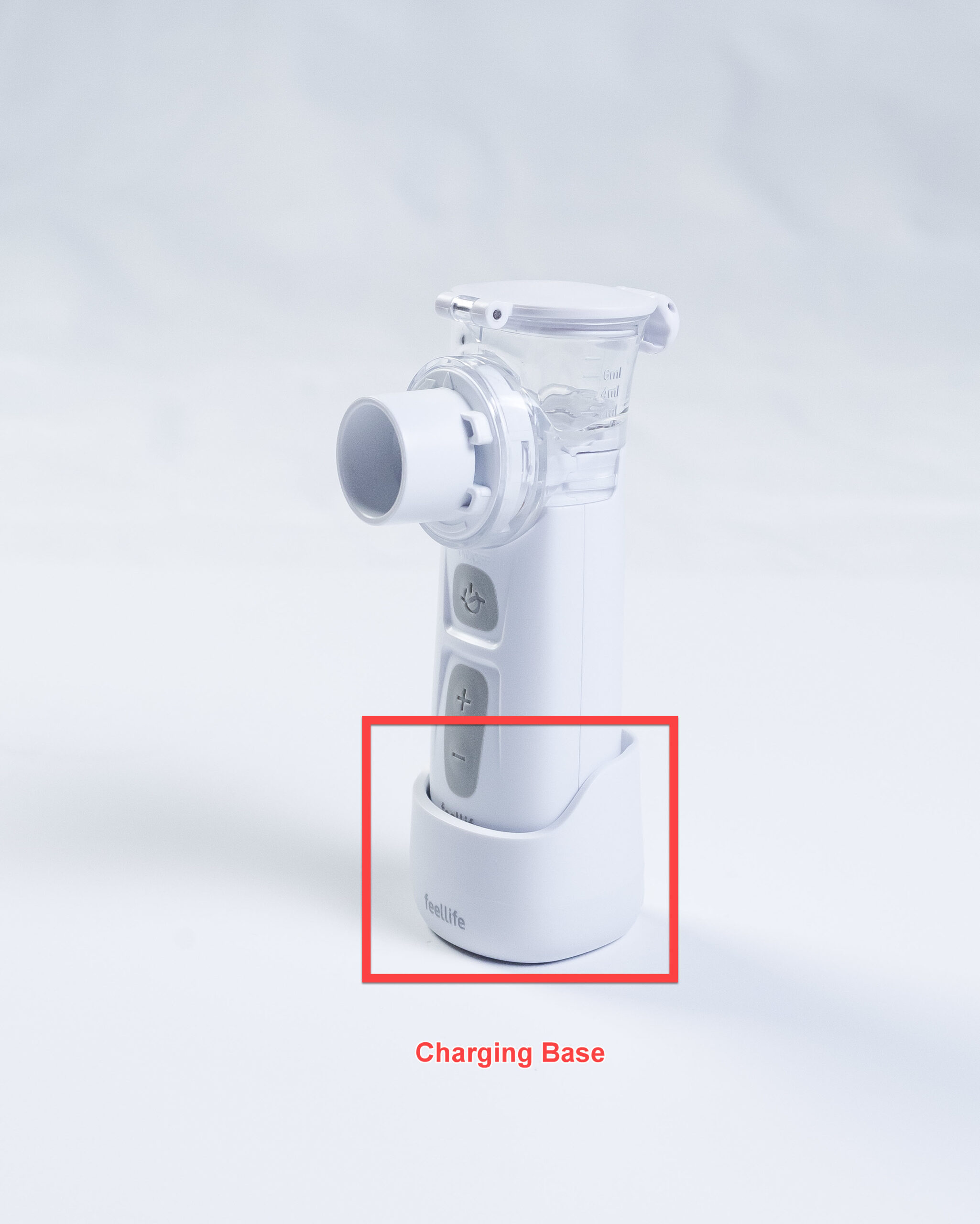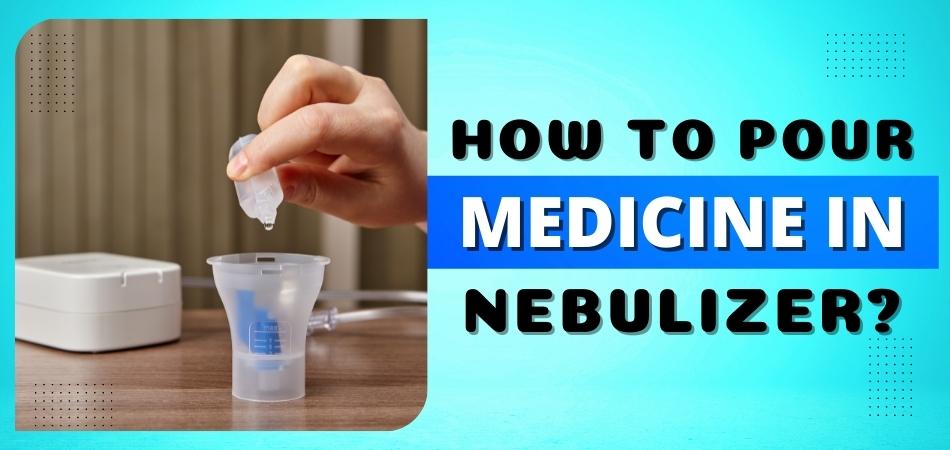When you have the flu, your chest feels heavy and it’s hard to breathe. You may feel like you can’t get enough air into your lungs. A nebulizer can help you breathe easier and feel better.
If you have been diagnosed with the flu, your doctor may have recommended a nebulizer. A nebulizer is a medical device that delivers medication to your lungs in the form of a fine mist. This can help to relieve some of the symptoms of the flu, such as chest congestion and difficulty breathing.
The flu can be a serious illness, so it is important to follow your doctor’s instructions for treatment. If you are using a nebulizer, be sure to clean it regularly according to the manufacturer’s instructions. This will help to prevent infection and ensure that you are getting the most effective treatment possible.
Eliminate Nasty Coughs with A Nebulizer!
It’s that time of year again- cold and flu season. Many people will turn to over-the-counter medications or doctor visits in an effort to get over their illness as quickly as possible.

But what if there was another option? A nebulizer could be a potential solution for those suffering from the flu. Nebulizers are machines that convert medication into a mist, which can then be inhaled directly into the lungs.
This makes it easier for the medicine to reach the area where it is needed and can be especially beneficial for those with difficulty breathing.
While there is no cure for the flu, using a nebulizer may help to lessen symptoms and make recovery quicker. So if you’re feeling under the weather, ask your doctor about using a nebulizer to help you feel better.
Which Medicine is Used in Nebulizer for Flu?
When you have the flu, your body is fighting a viral infection. Typically, the best way to treat the flu is through rest, hydration, and over-the-counter medications. However, sometimes your doctor may prescribe a nebulizer.
A nebulizer is a small machine that turns liquid medication into a fine mist that you inhale. This can help to soothe your throat and ease your breathing.
There are several different types of medication that can be used in a nebulizer for the flu, including albuterol, ipratropium bromide, and budesonide.
Your doctor will prescribe the medication that is most likely to be effective for your particular case of the flu. In addition to easing your symptoms, the medication from the nebulizer can help to speed up your recovery.
Does Albuterol Help With Flu?
It’s that time of year again when sneezes and sniffles fill the air. If you’re among the unlucky few who have come down with the flu, you’re probably wondering if there’s anything you can do to feel better.
One over-the-counter medication that’s sometimes used for flu symptoms is Albuterol. But does it really work?
Albuterol is a bronchodilator, which means it helps to open up the airways. This can be helpful for people with asthma or other respiratory conditions who are struggling to breathe due to congestion from the flu.
However, Albuterol will not cure the flu or shorten the duration of the illness. It can, however, help to relieve some of the symptoms, making it easier to breathe and possibly improving your overall comfort level.
If you’re considering taking Albuterol for your flu symptoms, talk to your doctor first. People with certain medical conditions shouldn’t take Albuterol without medical supervision.
And while it’s generally considered safe, there are some potential side effects, such as nervousness or shaking hands. So it’s important to weigh the risks and benefits before deciding whether or not Albuterol is right for you.
Does Nebulizer Treatment Break Up Mucus?
Assuming you are asking about a nebulizer treatment for mucus in the lungs: A nebulizer is a medication delivery device that turns liquid medication into a fine mist, making it easier to inhale. The mist is created by compressing air through the liquid medication, which then vaporizes it.

This process breaks up the mucus so that it can be more easily removed from the lungs. Nebulizer treatments are typically used to deliver bronchodilators, which are medications that open up the airways and make breathing easier. However, they can also be used to deliver other types of medications, such as mucolytics, which help break up mucus.
There is some evidence to suggest that nebulized mucolytics may be more effective at breaking up mucus than oral mucolytics. One study found that patients who received a nebulized mucolytic had significantly lower levels of sputum viscosity (thickness) than those who took an oral mucolytic.
Another study found that patients who received a nebulized mucolytic had fewer respiratory symptoms and improved quality of life compared to those who did not receive any treatment at all.
Overall, there is good evidence to support the use of nebulizers for breaking up mucus in the lungs. If you are considering this type of treatment, talk to your doctor to see if it is right for you.
What Else Can You Use a Nebulizer For?
A nebulizer is a device that uses compressed air to turn liquid medication into a fine mist that can be inhaled. Nebulizers are most commonly used to treat asthma and other respiratory disorders, but they can also be used for a variety of other conditions.
For example, a nebulized saline solution can be used as a sinus rinse, and essential oils can be added to the solution to provide aromatherapy benefits. In addition, nebulized medications can be used to treat conditions such as COPD, cystic fibrosis, and bronchitis.
Nebulizers are also sometimes used to deliver antibiotics or other medications directly to the lungs in people who have difficulty taking pills. As you can see, there are many potential uses for a nebulizer beyond treating respiratory disorders.
It’s often used to treat respiratory conditions such as asthma, COPD, and cystic fibrosis. But did you know that a nebulizer can also be used for other purposes?
Here are some examples:
- To relieve congestion from a cold or allergies.
- To help loosen and remove mucus from the lungs (this is called “airway clearance”).
- To deliver medication to people who can’t take it by mouth (such as young children or those with swallowing difficulties).
- To provide pain relief for certain conditions like sore throats or bronchitis.
What to Put in Nebulizer for Cough?
If you have a cough, your doctor may prescribe a nebulizer. A nebulizer is a machine that turns liquid medication into a fine mist that you can inhale. The mist helps to open up your airways and makes it easier to breathe.
There are different types of medications that can be used in a nebulizer for a cough. Some of the most common include:
- Albuterol – This is a bronchodilator that helps to open up the airways and make it easier to breathe. It is often used to treat asthma or COPD (chronic obstructive pulmonary disease).
- Ipratropium – This medication is also used for asthma or COPD. It works by decreasing the amount of mucus production in the lungs.
- Steroids – These medications are usually prescribed if you have severe asthma or COPD. They help to reduce inflammation in the lungs which makes it easier to breathe.
What to Use in Nebulizer for Blocked Nose?
If you have a blocked nose, you may be wondering what to use in your nebulizer. The good news is that there are several options available to help clear your nasal passages and improve your breathing. One option is to use a saline solution.

Saline is a natural substance that can help to thin mucus and loosen congestion. You can purchase saline solutions over the counter at most pharmacies or online. Simply add the recommended amount of saline solution to your nebulizer cup and follow the manufacturer’s instructions for use.
Another option is to use an over-the-counter medication such as Afrin or Flonase in your nebulizer. These medications can help to reduce inflammation and shrink swollen blood vessels in the nasal passages. Be sure to follow the manufacturer’s instructions when using these medications.
You may also want to try using essential oils in your nebulizer. Essential oils such as eucalyptus oil, peppermint oil, or tea tree oil can help to open up the airways and relieve congestion. Add a few drops of any of these oils to your nebulizer cup and inhale as directed by the manufacturer’s instructions.
Finally, if you are still struggling with a blocked nose, you may want to see your doctor for further treatment options. Your doctor may recommend oral or injectable steroids, antihistamines, or other medications depending on the cause of your congestion.
How to Use Vicks in Nebulizer?
If you suffer from chest congestion, a common cold, or the flu, you may be looking for ways to get relief. One option is to use Vicks as a nebulizer. A nebulizer is a machine that turns liquid medication into a fine mist that can be inhaled.
This can help break up congestion and make it easier to breathe. To use Vicks in a nebulizer, you’ll need:
- A nebulizer machine
- Vicks VapoRub ointment
- Water
Here’s how to do it:
- Fill the nebulizer cup with water according to the manufacturer’s instructions.
- Add one teaspoon of Vicks VapoRub ointment to the water.
- Place the mouthpiece of the nebulizer over your mouth and nose and turn on the machine.
- Breathe in slowly and deeply until all of the medication has been dispensed into your lungs (this usually takes 5-10 minutes).
5 tips for using a Nebulizer:
- Always follow the manufacturer’s instructions when using your nebulizer machine.
- Be sure to clean your nebulizer after each use according to the manufacturer’s directions this will help prevent infection and ensure optimal performance of your machine.
- If you are using more than one type of medication in your neb, be sure to follow any specific mixing instructions provided by your doctor or pharmacist (for example, some medications should not be mixed together).
- Keep track of how often you are using your neb if you find yourself needing it more than 3 times per day, talk to your doctor as this may be indicative of worsening asthma or another respiratory condition.
- Finally, remember that although neb treatments can provide symptom relief, they will not cure whatever underlying condition is causing your symptoms in the first place! So if you’re feeling sick, don’t forget to also rest, drink plenty of fluids, and see your doctor if needed.
Final Thought
If you have the flu, you may be wondering if a nebulizer can help. Unfortunately, there is no evidence to support the use of nebulizers for the treatment of the flu. However, there are some other treatments that may help ease your symptoms.
These include rest, fluids, and over-the-counter medications like ibuprofen and acetaminophen. If your symptoms are severe, you should see a doctor.



